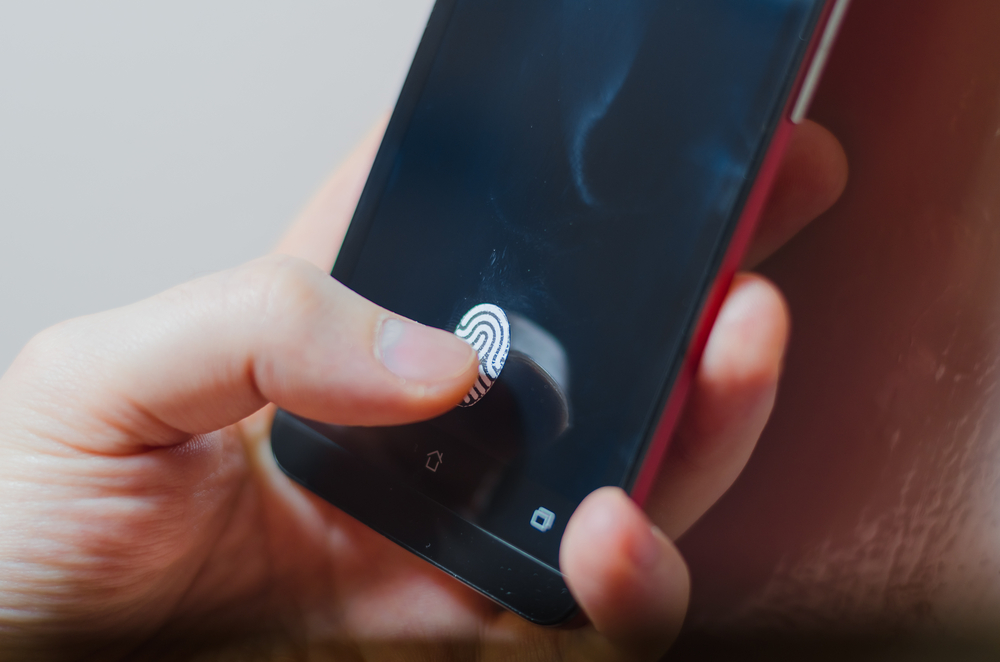News
Brits give thumbs up to biometric verification

Brits are keen to use biometrics for activities such as online shopping, banking, confirming their age in a pub and voting in elections, according to Equifax.
Almost three quarters (71 per cent) of people would be happy to completely replace traditional security methods to access their mobile phones in favour of fingerprint ID, facial recognition or eye retina patterns.
The credit reference agency’s research found that other popular scenarios where people were keen to use biometrics include accessing their laptops or tablets (64 per cent), verifying their age at bars, clubs or shops (60 per cent), and voting in elections (58 per cent).
But respondents were more wary when it came to using biometrics to withdraw cash (46 per cent), start their car (45 per cent) or unlock their front door (41 per cent).
The survey, conducted by OnePoll, also revealed fingerprint verification is considered the most secure form of biometric verification (31 per cent), with a third (30 per cent) expecting it to become the most prevalent in the next decade. This was followed by facial recognition (18 per cent) and eye retina patterns (17 per cent).
Keith McGill, head of ID and fraud at Equifax, said: “As the rise in financial fraud continues, particularly when it comes to identity theft, it’s essential we develop and embrace new and innovative means to protect consumers. The techniques being used to scam Brits are increasingly sophisticated, and breaking into the old world of signatures and pin codes is bread and butter for today’s fraudsters.
“Further implementation of biometric options within the financial services sector will go a long way to tackle this. Tapping into our unique biological passcodes can help businesses and consumers stay ahead of the curve, and as the technology develops, it will become even more widespread, trusted and popular in the years to come.”